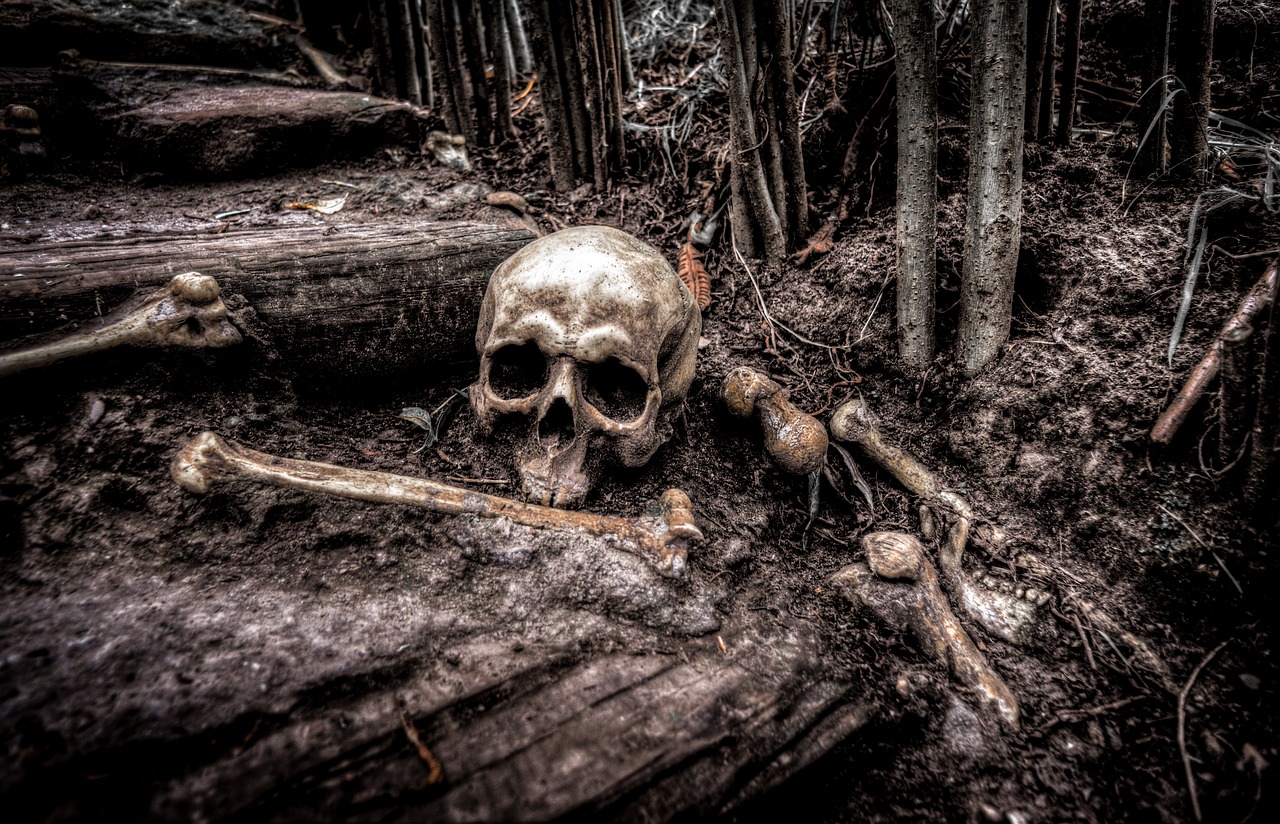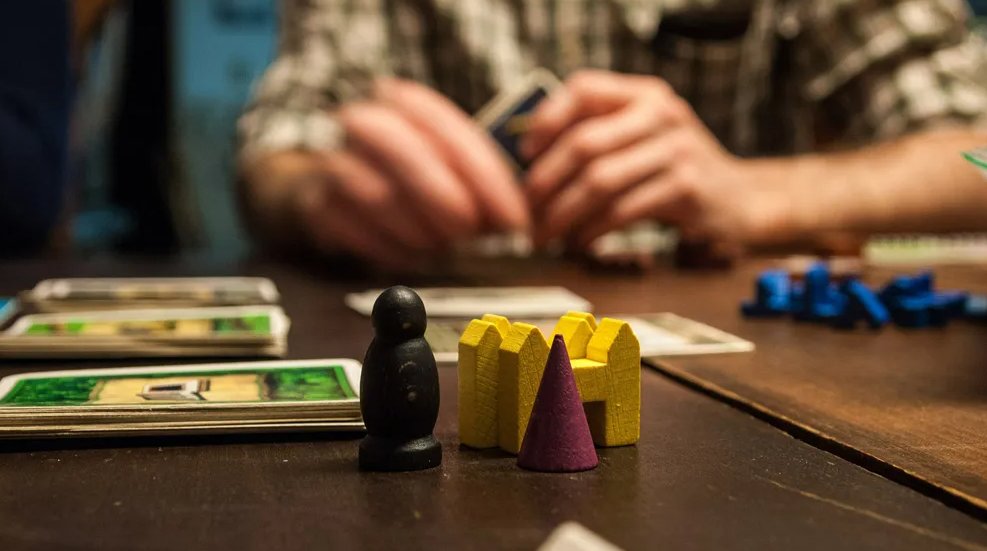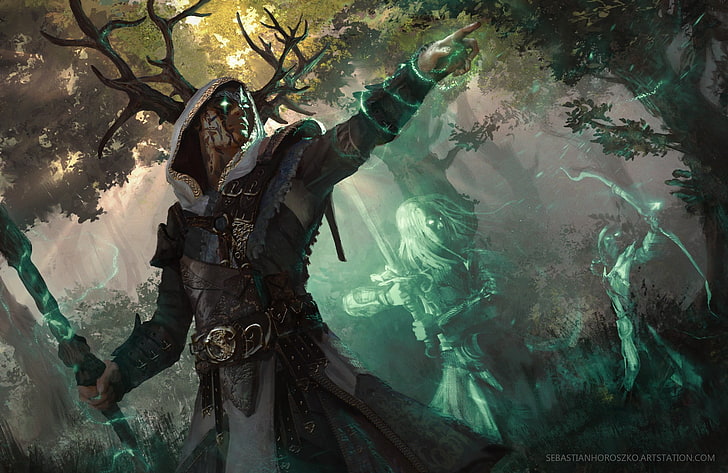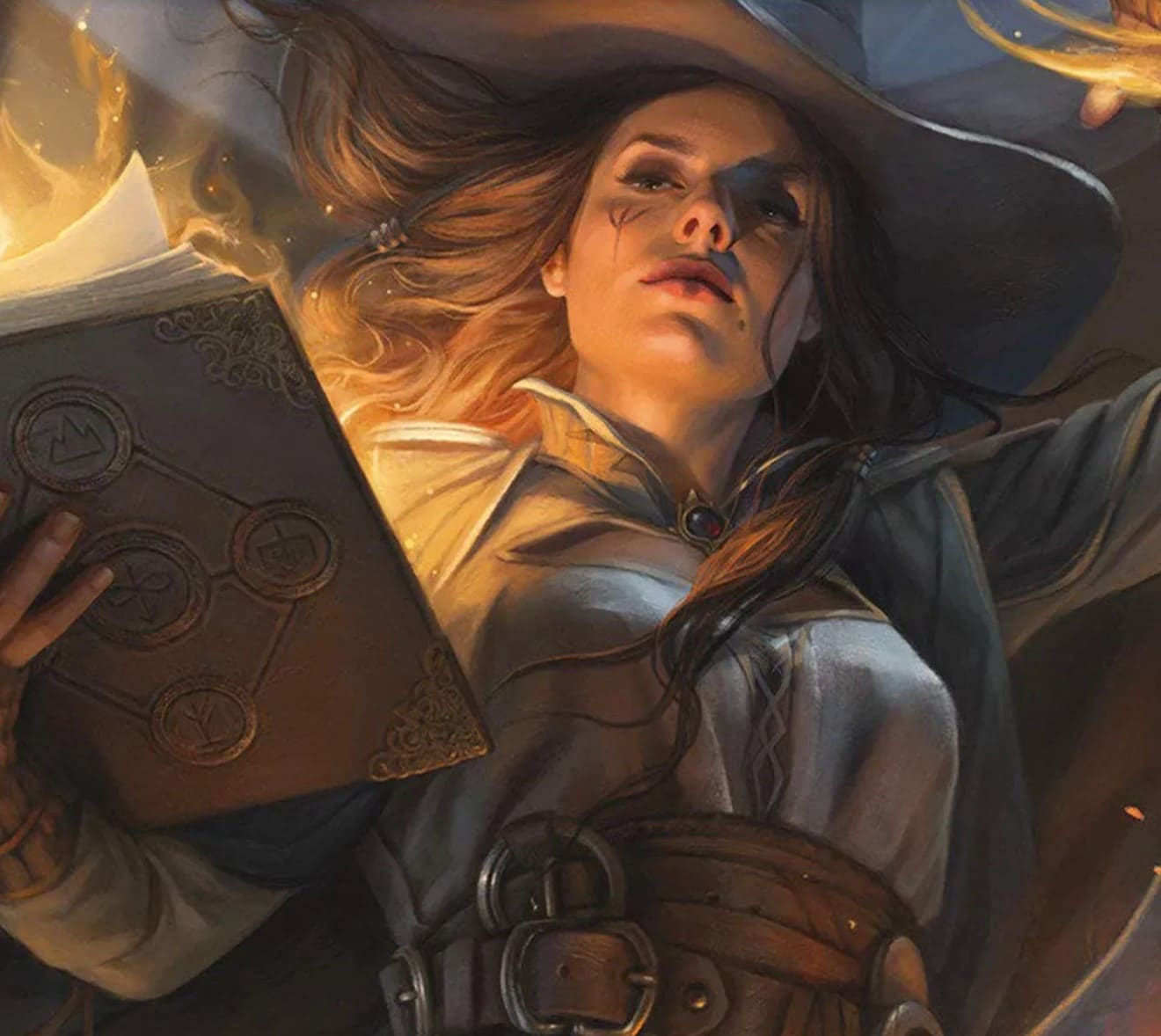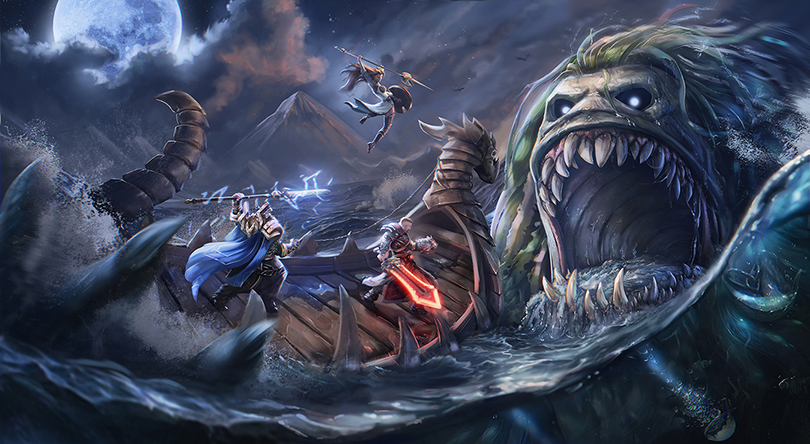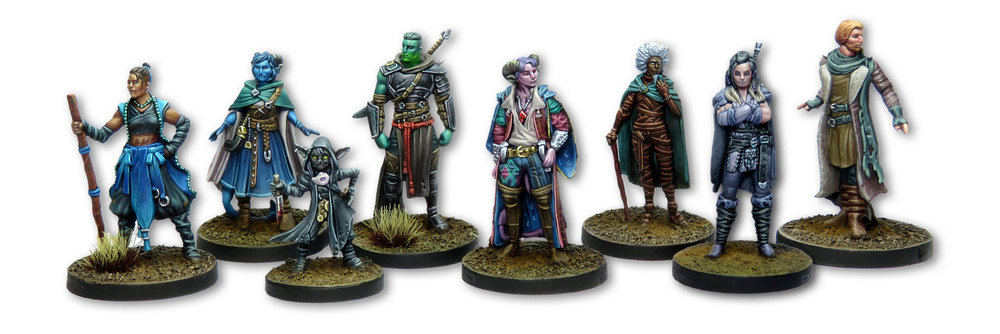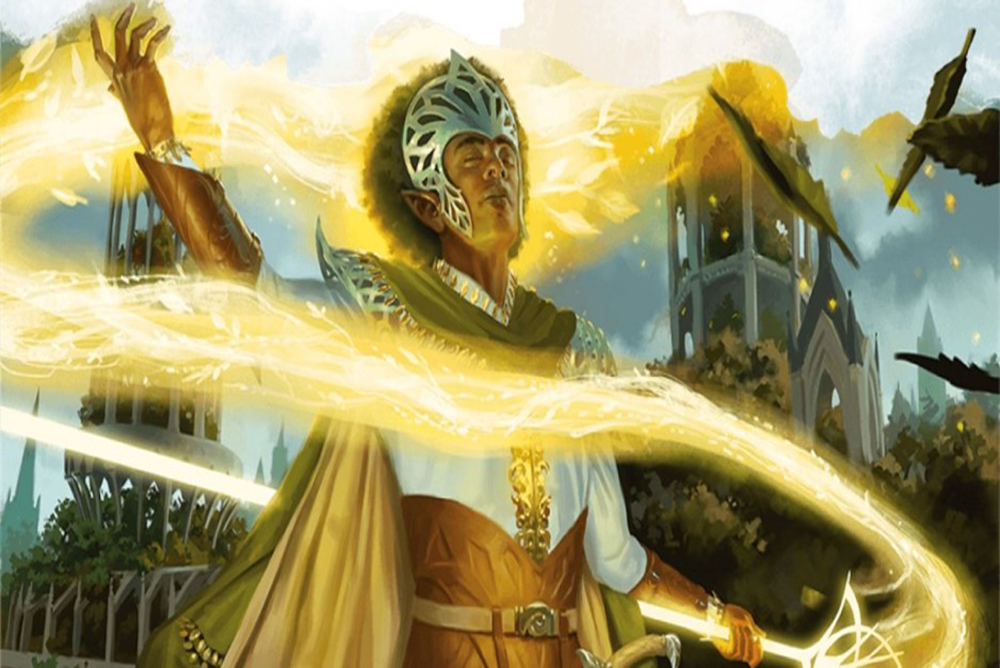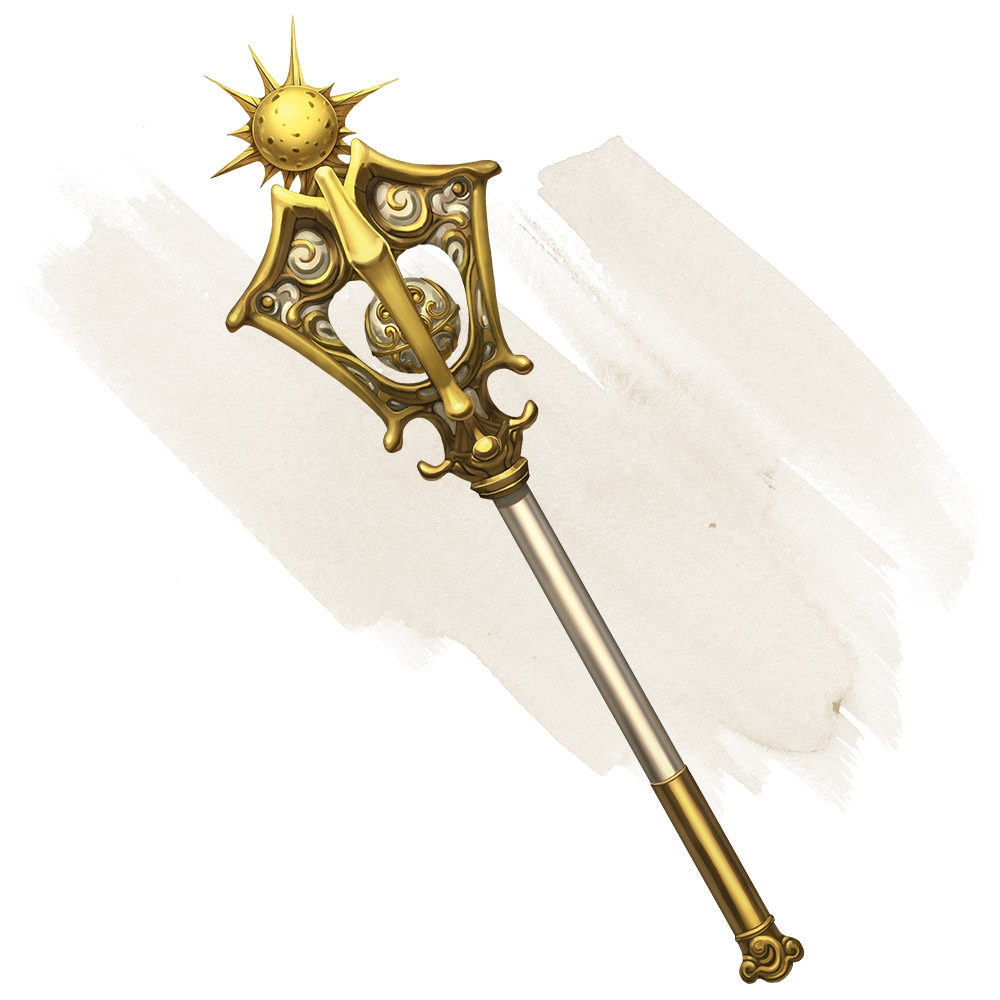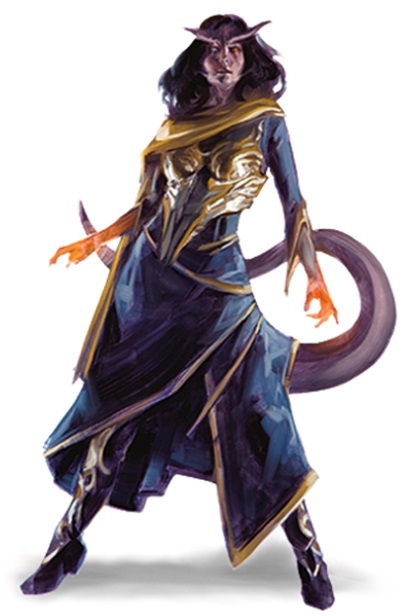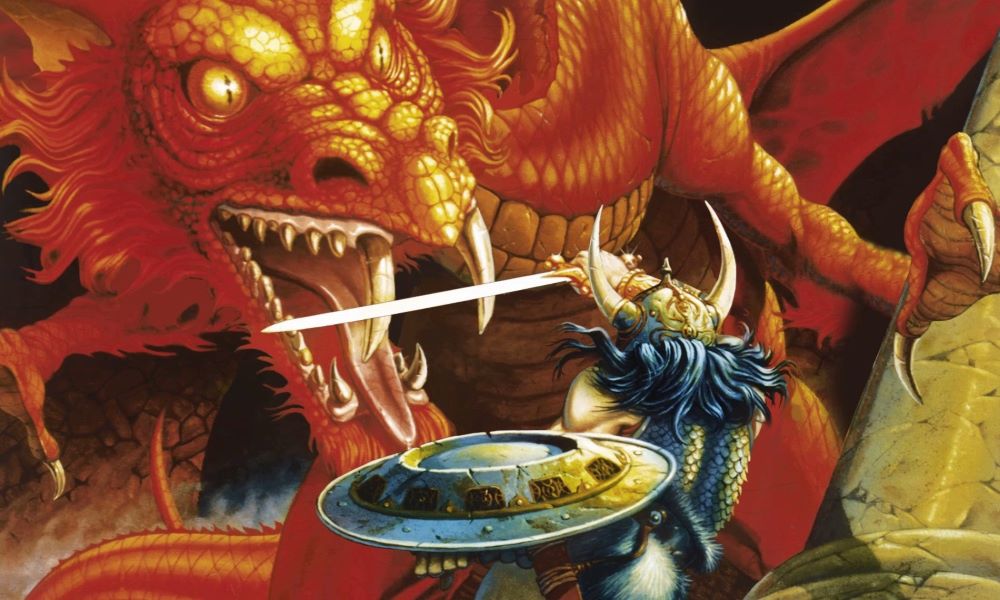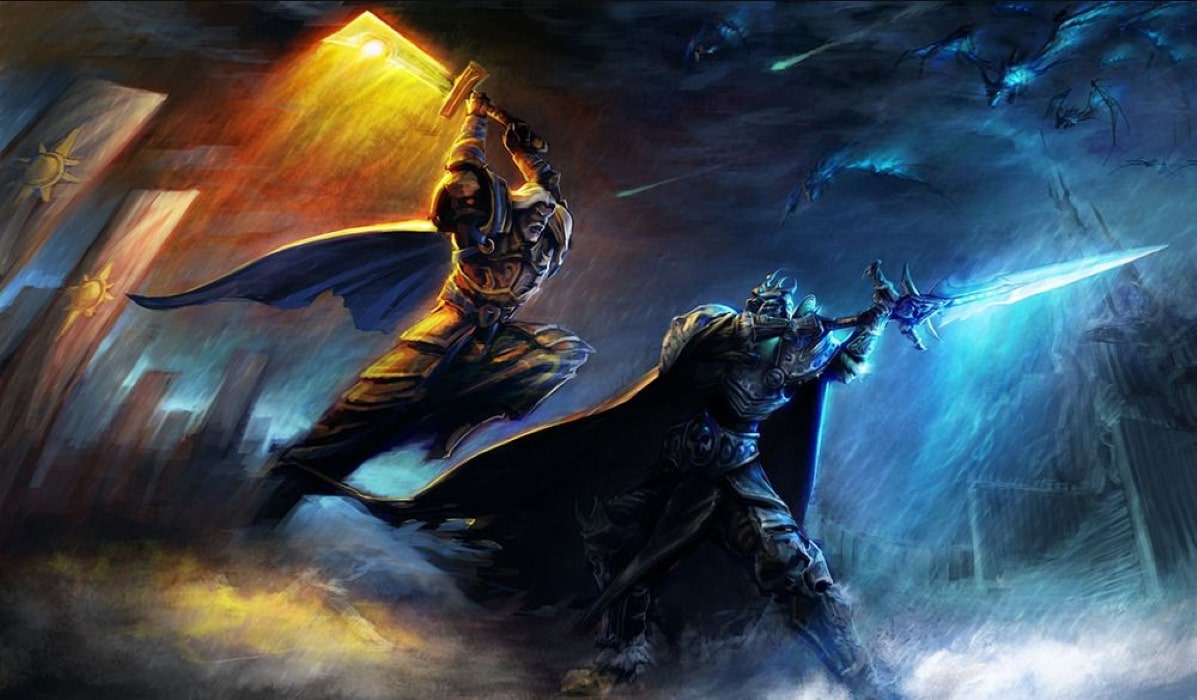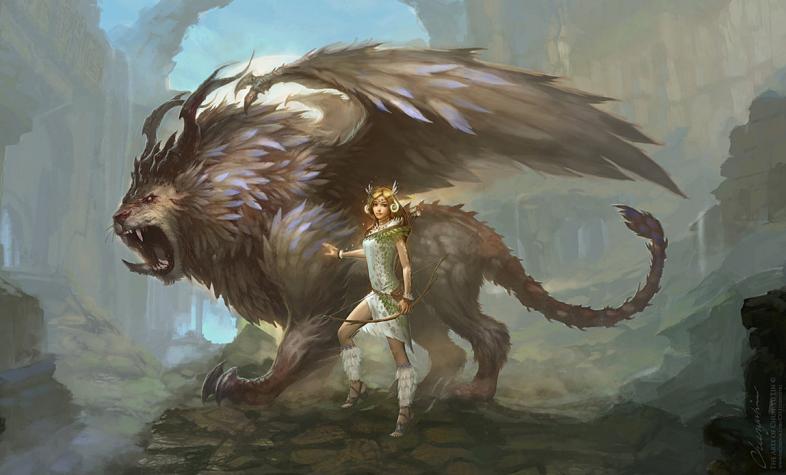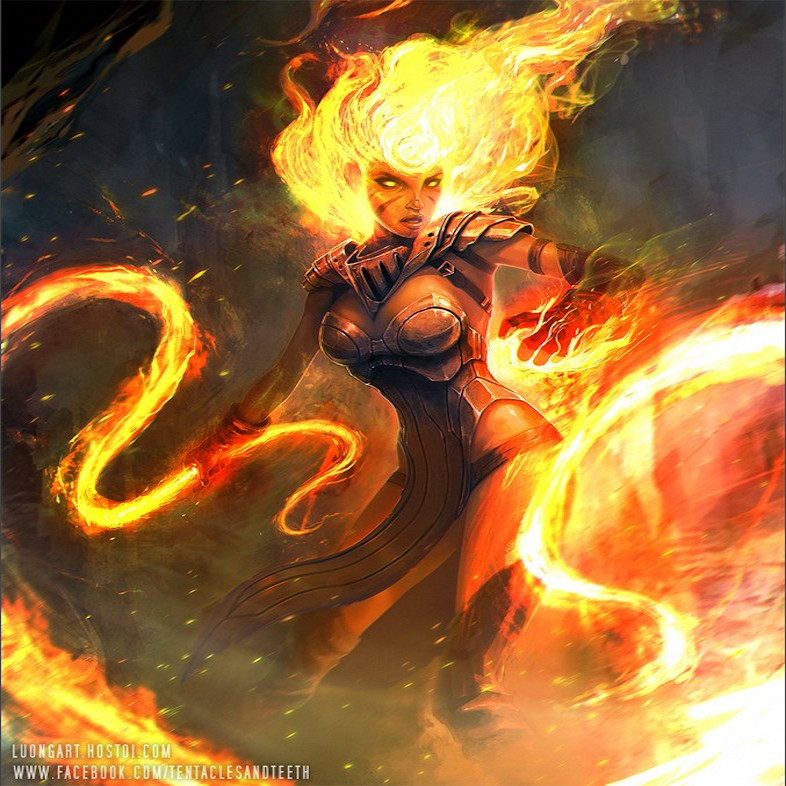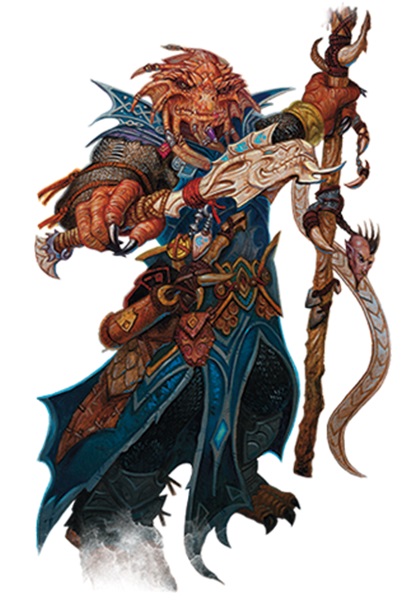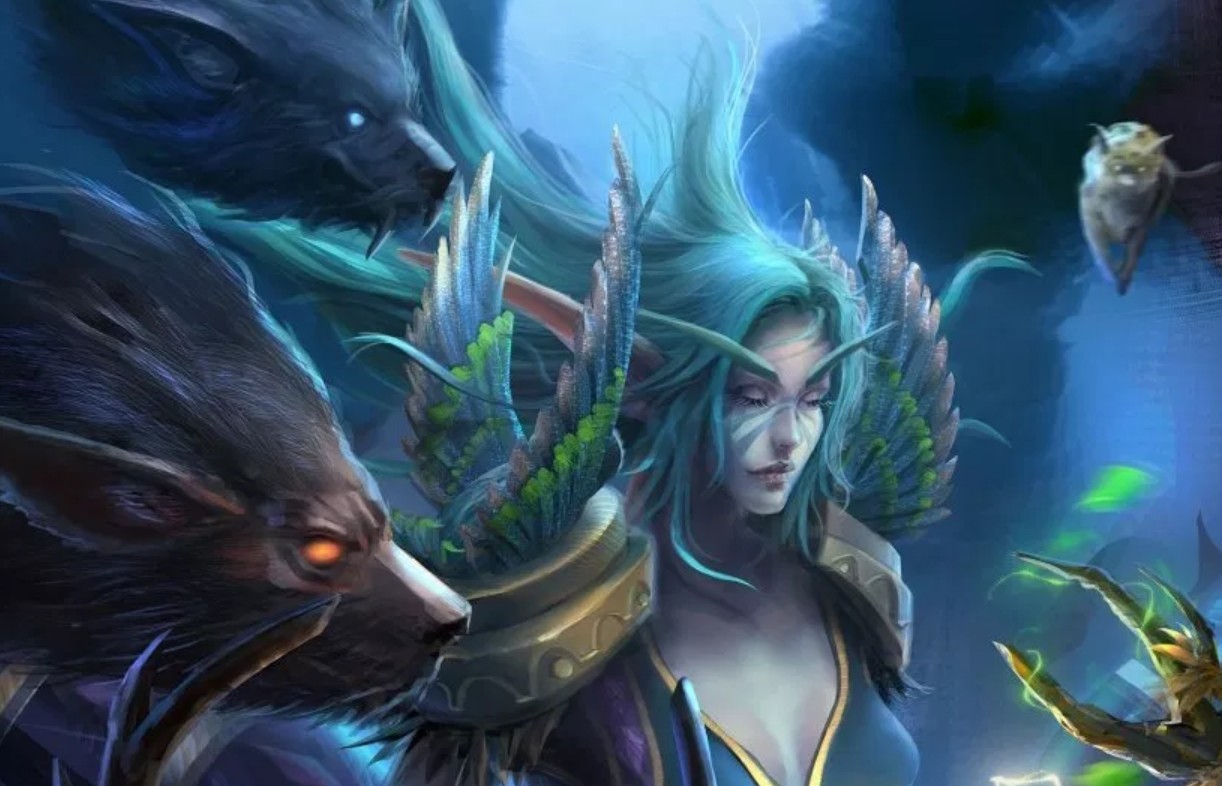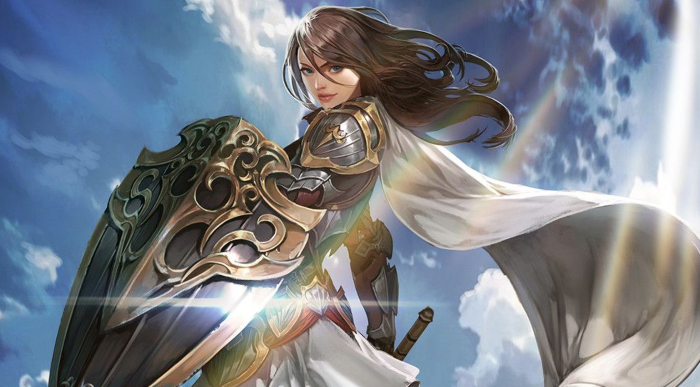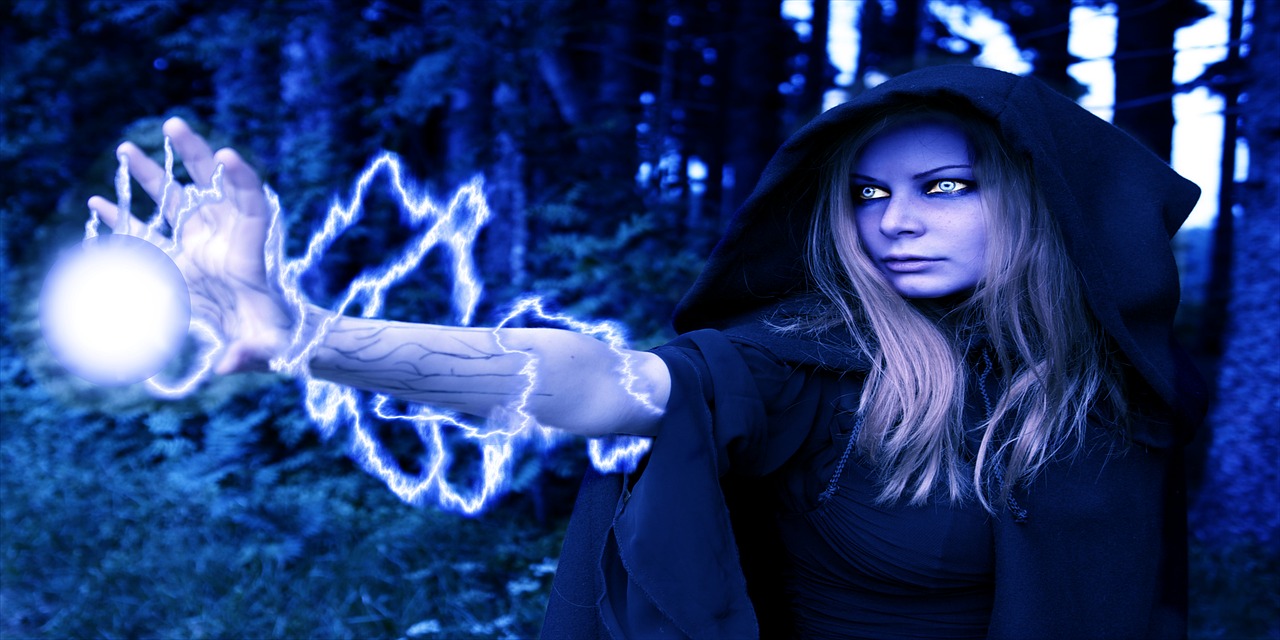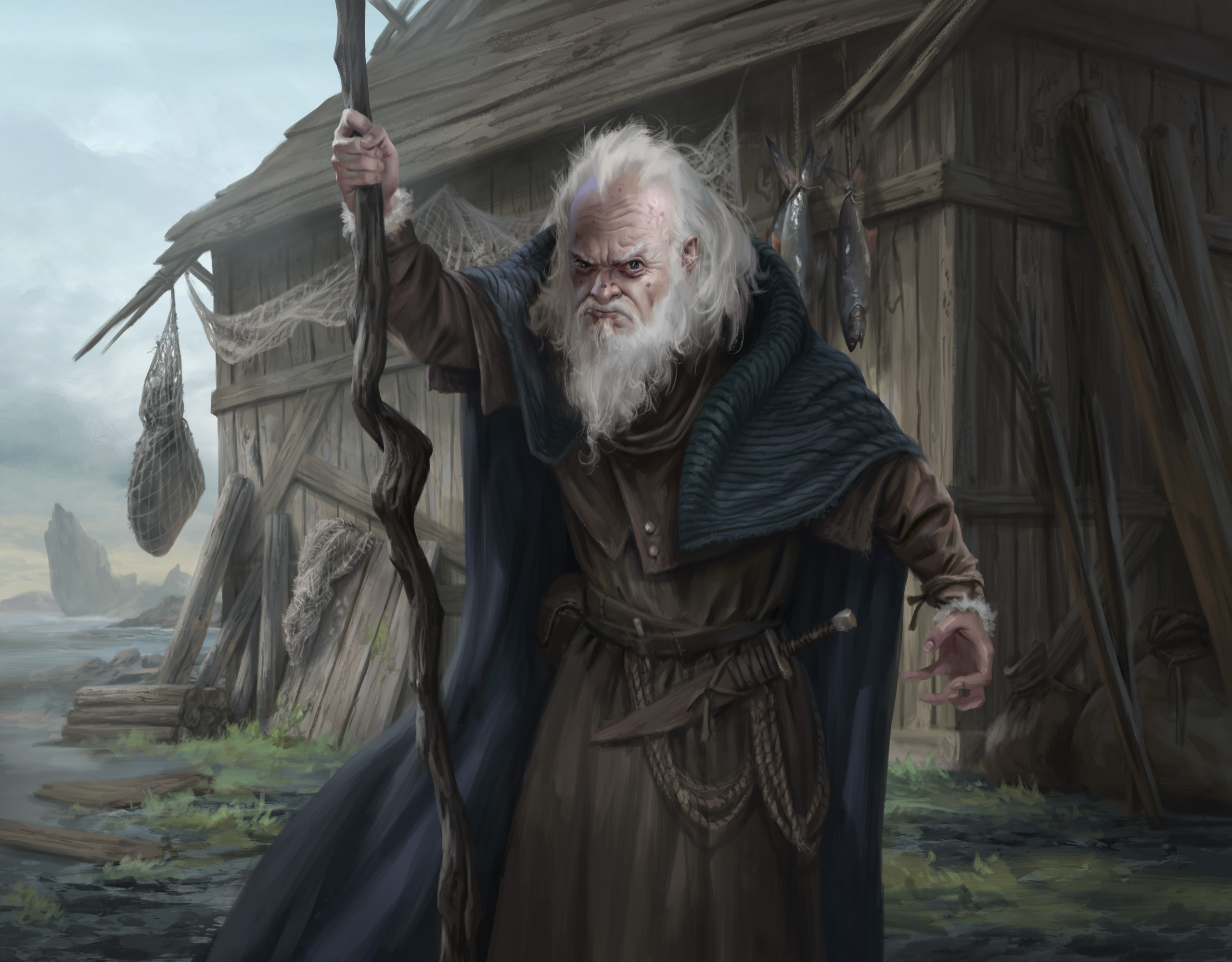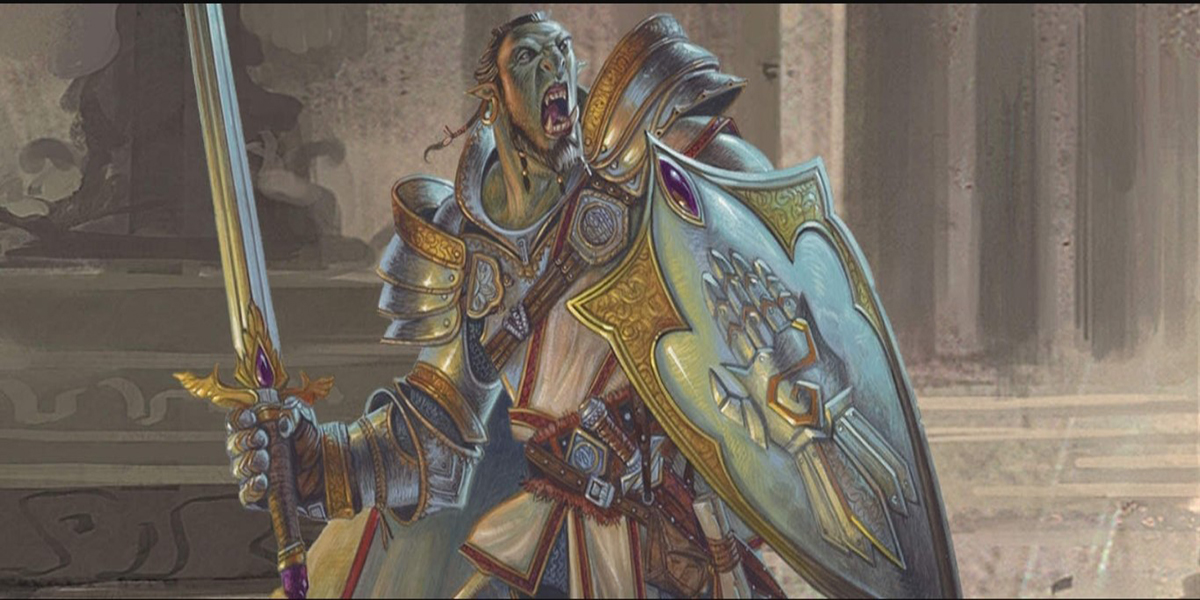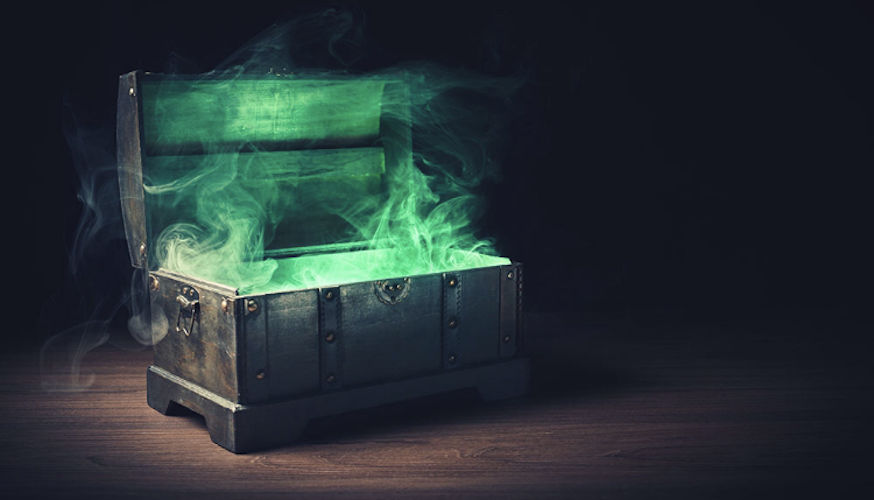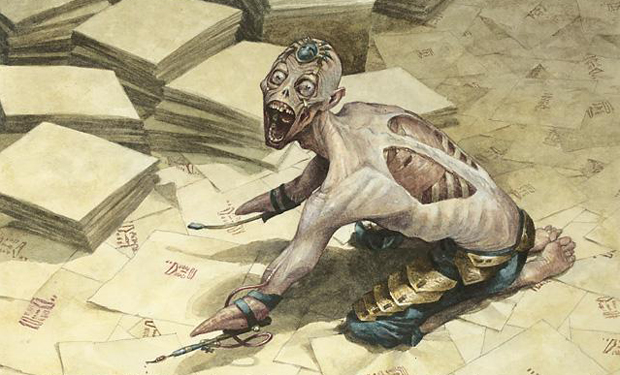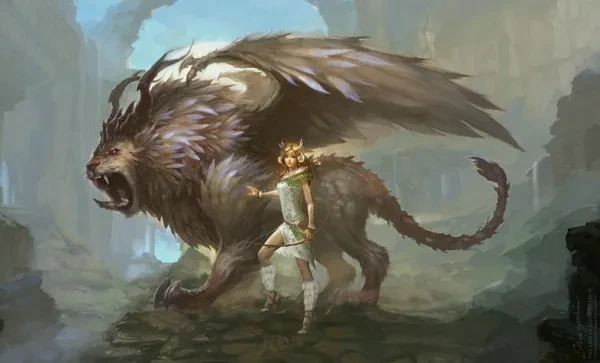
How will you proceed?
You find yourself surrounded by towering walls of sand on all sides, blocking you off from the party. The sand sinks into itself, creating an endless fountain of dust that burns your eyes. The party is preoccupied with the sand soldiers on the other side and the walls are caving in, preparing to drown you.
We do what every new Dungeon Master does: panic, because we’re convinced that we’re going to run the worst campaign of all time and our friends will have no fun. But have no fear Here are 10 tips for becoming a great Dungeon Master for Dungeons & Dragons.
1. Learn the D&D Basics

The basics include battling monsters and making poor choices.
Dungeons & Dragons can be boiled down to three steps as dictated by How to Play in the D&D Basic Rules:
- The DM describes the environment.
- The players describe what they want to do.
- The DM narrates the results of the adventurers’ actions.
All other aspects of D&D are negotiable. This is awesome! And terrifying. Because the game is so flexible, starting a campaign as a new DM can be intimidating. But as long as you remember the three basic actions of D&D, you can make everything else up as you go.
2. Acquire a DM Screen
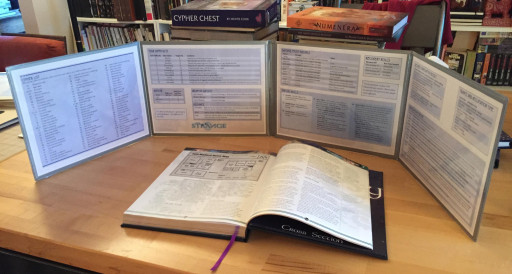
Custom DM screens like this foldout are excellent if you like your info organized a certain way.
Screens are not only the boundary between players and their DM, but useful tools covered in quick reference information to make your life easier.
Wizards of the Coast produces official DM screens. The homebrew and custom community shares printables that can be tacked onto your favorite folder, like Ozuro’s 5th Edition DM Screen or Quickleaf’s 4th Edition Cheat Sheet.
3. Make Maps
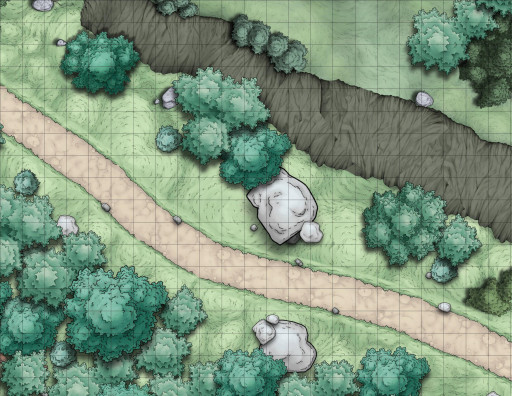
Tile maps can be used for minis or for reference. Make your own or find them online!
Maps can be used for reference or items in-game game depending on how you run your campaign. Some groups use dry-erase mats to lay out tabletop maps for players to move their miniatures on, some don’t. hey make an excellent tool for a DM trying to track a wandering party.
Ye Olde Map Maker lets you create tiled maps for dungeons and encounters. World map generators like Azgaar, Worldspinner, or (my personal favorite) Hypertext d20 SRD give you a full world to work with with space to lay out territories and geographical features.
4. Get Organized
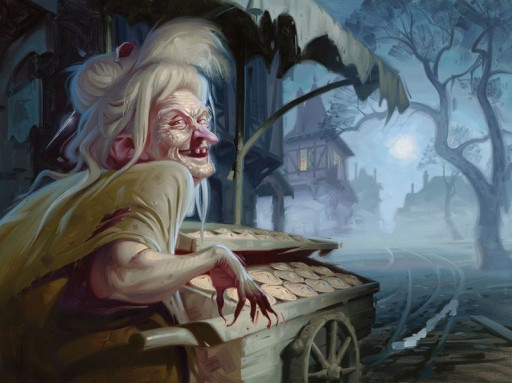
This is how you should feel after getting all your stuff together to torment players.
Keeping track of your materials is no small task. A D&D campaign requires an entire world of people to see, places to go, and things to do. Thankfully there are plenty of tools available to help flesh out and organize your campaign!
Donjon sets the standards for random generators for D&D and is especially helpful for making things up on-the-fly. OneNote makes for a perfect digital notebook. Obsidian Portal is a cross-platform GM wiki tool.
5. Let The Party Help Direct
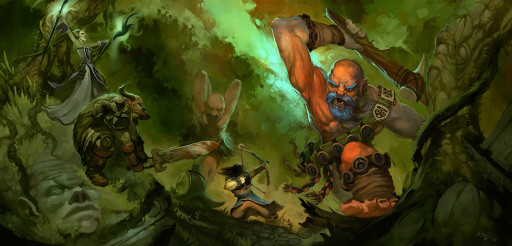
The player needs the ability to contribute for anything to happen.
Your party members are your most valuable asset. Experienced adventurers can offer guidance in sticky situations and help you build confidence in your decisions and encourage your ideas.
You may feel intimidated by the prowess of experts, but don’t worry! A good playgroup will understand your fears and guide you through the learning curve. D&D Beyond and Tribality have masterlists of links worth taking advantage of for new DMs.
6. Set Ground Rules
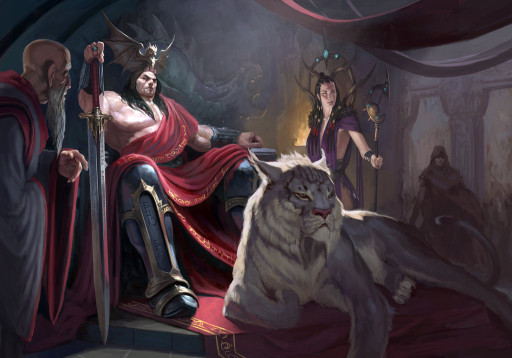
Even though you essentially play God, it's still important to understand your expectations of each other.
While Rule 0 is always in effect, protocol for the party should be laid out before the first session. By setting out expectations in advance, you solve a ton of problems before they ever happen.
Answer questions as a group like: How often do you want to take breaks? Should phones be turned off/set aside for the duration? What happens if someone misses a session?
7. Players Come Before Player’s Handbook
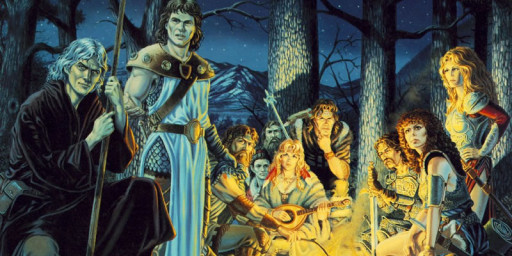
Official D&D art from the 80s. Look how happy everyone is to be together!
The Player’s Handbook is not the word of law for Dungeons & Dragons, and Wizards of the Coast never intended it to be. Tabletop RPGs rely on the creativity of the party to push a story forward.
In situations where you have to choose between following the Handbook or benefitting the party, it’s better to favor the party. Since you understand the basic setup of D&D and have a group of good people with you, there’s no reason to punish players in a scenario they can creatively conquer.
8. Practice Storytelling
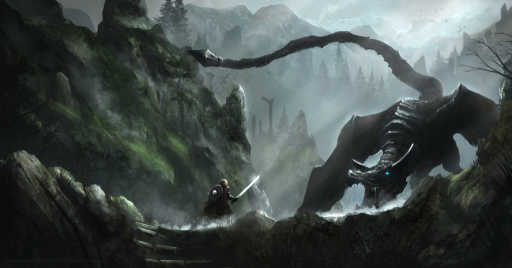
Insurmountable odds are an excellent way to challenge characters and let them be heroes.
Great stories are meaningful and timeless. They can be emotional without being complicated and challenging without losing focus.
For the Dungeon Master, D&D is an interactive storytelling game. Professional writers and guidebooks offer advice that rings true across storytelling mediums, but the biggest rule for immersion in D&D is “show, don’t tell.” Don’t tell your party what is going on--describe the conditions and let them put it together themselves.
9. Expect The Unexpected
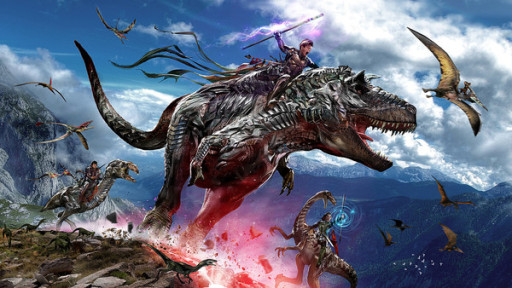
The party will make up literal anything if you let them.
Your world is infinite enough that your party can do damn-near anything they want. When given the power, players will turn your story on its head and present you with challenges you didn’t even know were possible.
Getting used to adapting your precious story to the whims of goofballs is painful, but it’s a necessary evil of the Dungeon Master experience.
10. Know Your Limits
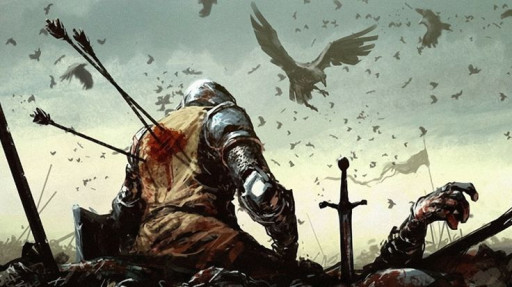
Don't let yourself be slaughtered by the game--the first objective of any campaign is to have fun!
Dungeons & Dragons is a fun game that gives friends an excuse to meet up regularly and make up stories,but it can also be stressful and overwhelming. When players are arguing, when they’re questioning your decisions, when they’re just not listening and won’t chill out… it might be time to close up for the day.
DMs set the tone of a session and should try to keep a cool head. You can try a cup of tea, timeouts, rehearsing speaking, meditating, practicing mindfulness, or so many other things that help you with anxiety or awkwardness. It’s okay to need to take a breather during a session--it’s a necessary part of taking care of yourself that parties will understand.
The adventure continues with this related content:
